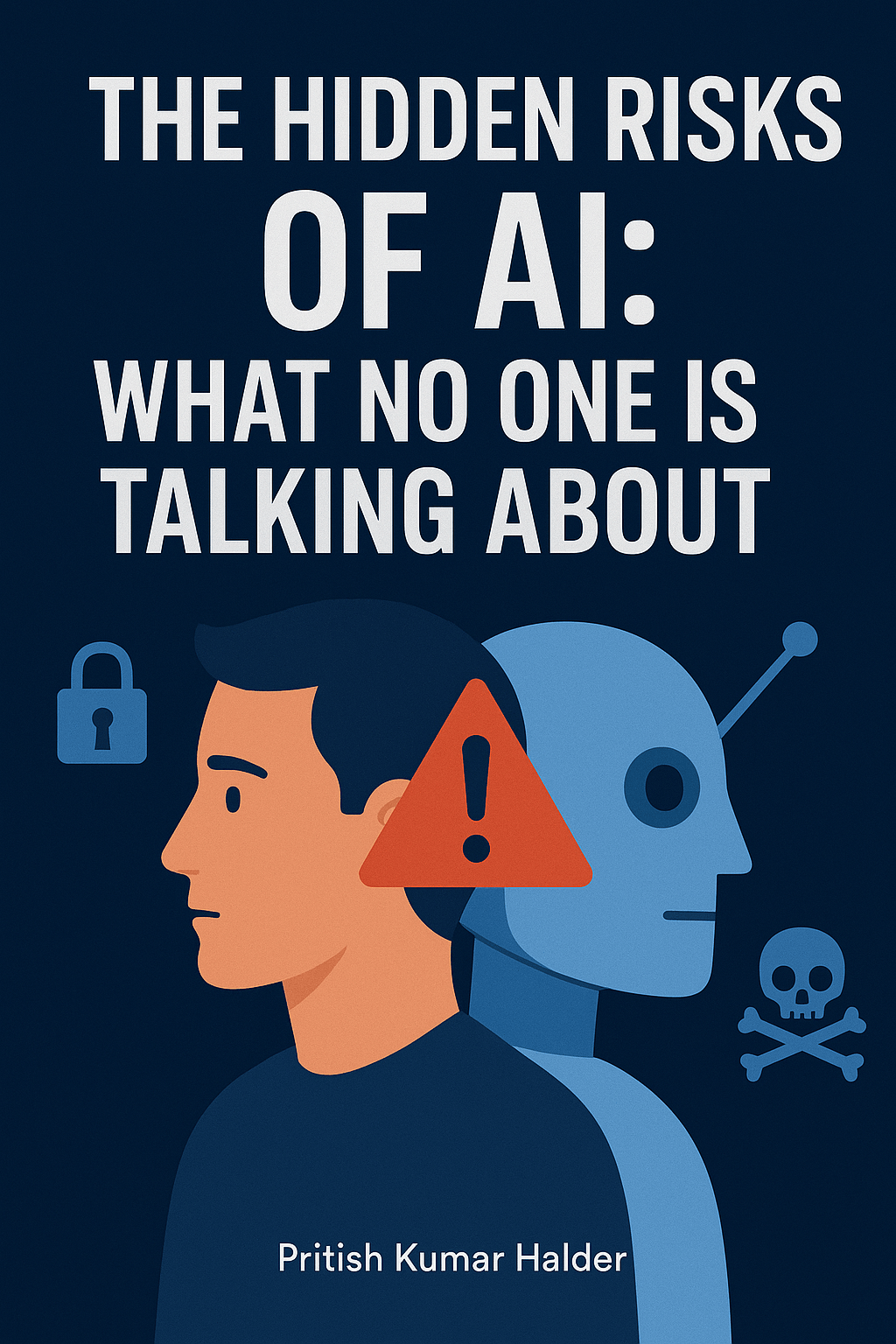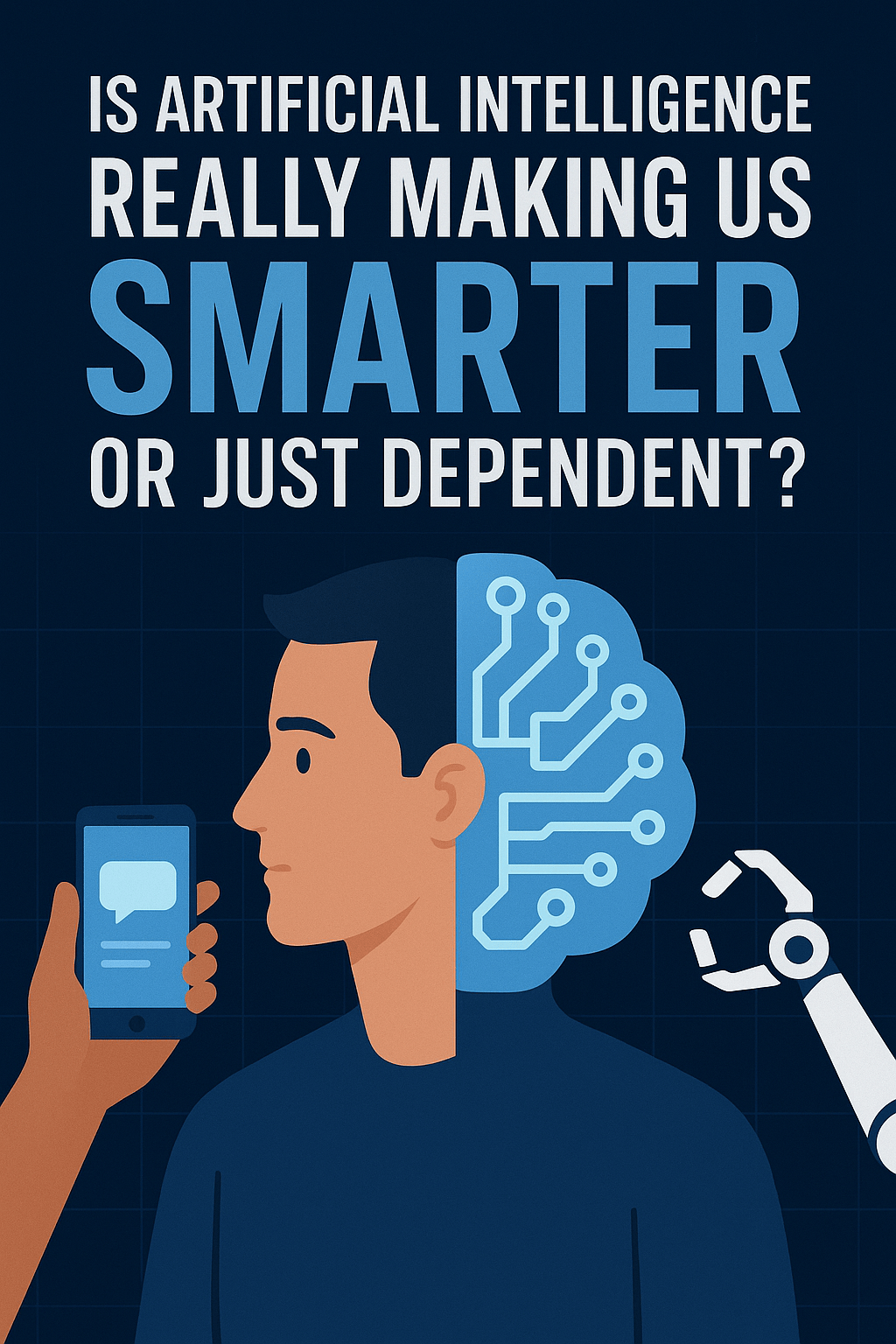Artificial Intelligence (AI) is no longer just a futuristic concept. It is already shaping how businesses work, make decisions, and connect with people. From chatbots handling customer service to algorithms recommending products, AI has become part of daily operations. But as exciting as this sounds, one big question stands out: how do we keep AI ethical, fair, and accountable?
When businesses adopt AI, it comes with responsibility. AI has the power to change outcomes for people, whether it’s approving a loan, filtering job applications, or setting insurance rates. A small error or hidden bias can cause big problems. This is why transparency and accountability are at the center of the conversation about AI ethics in business.
Why AI Ethics Matters for Businesses
Ethics in AI isn’t just a buzzword. It’s about trust. Customers, employees, and stakeholders want to know that the technology used by companies is fair and safe.
For example, if an AI tool rejects a candidate for a job, people want to know why. Was it based on skills, or was there hidden bias in the data? If a pricing algorithm sets higher rates for certain groups of customers, can the company explain that decision?
Without clear answers, trust is lost. And in today’s digital world, trust is a company’s strongest currency. A brand that ignores AI ethics risks damaging its reputation, facing legal issues, and losing its competitive edge.
Transparency: Showing How AI Makes Decisions
Transparency means making AI understandable. Too often, AI works like a “black box,” giving outputs without clear reasoning. Businesses must break that box open and explain how AI reaches its conclusions.
Here are some practical ways to bring transparency into AI use:
- Open Communication: Tell users when AI is being used, whether in chatbots, recommendation engines, or decision-making systems.
- Clear Explanations: Provide simple reasons for decisions made by AI, especially in sensitive areas like hiring, finance, or healthcare.
- Audits and Reports: Regularly test AI systems and share findings about accuracy, fairness, and limitations.
Transparency doesn’t mean exposing trade secrets. It means giving people enough clarity to trust the system.
Accountability: Who Takes Responsibility?
Accountability goes hand in hand with transparency. If AI makes a mistake, who is responsible? The software developer? The business using it? Or the machine itself?
The answer is simple: businesses must take responsibility. AI should never replace human judgment entirely. Companies need clear policies to define accountability and handle errors.
For instance:
- Human Oversight: Keep people in the loop to monitor AI-driven decisions, especially in high-stakes areas.
- Error Management: Have systems in place to correct mistakes quickly when AI goes wrong.
- Ethical Standards: Create and follow internal guidelines on how AI should be used.
When businesses hold themselves accountable, they show integrity. Customers are more likely to trust brands that admit errors and take corrective steps.
Real-World Examples of AI Ethics in Business
- Hiring and Recruitment: Many companies use AI to screen resumes. But if the training data reflects past hiring biases, the AI may unfairly favor certain groups. Businesses that audit their AI tools and adjust algorithms to remove bias set a strong example.
- Banking and Finance: AI-driven loan approvals can speed up processing, but they can also unintentionally discriminate. Transparent models that explain approval or rejection reasons help banks gain customer confidence.
- Healthcare: AI assists doctors in diagnosing illnesses. But if AI misinterprets data, patient safety is at risk. Hospitals that combine AI results with human expertise create safer outcomes.
These examples show that AI ethics isn’t just theory. It directly impacts real people and real businesses.
How Businesses Can Build Ethical AI Practices
Building ethical AI isn’t about following a single rulebook. It’s about creating a culture of responsibility. Here are some steps companies can take:
- Train Teams on Ethics: Make sure employees understand the ethical side of AI.
- Diverse Data Sets: Use data that represents all groups fairly, avoiding bias.
- Independent Reviews: Bring in third parties to review AI systems.
- Continuous Monitoring: Keep checking AI tools even after they’re launched.
These actions help businesses maintain both transparency and accountability.
The Future of AI Ethics in Business
AI is growing fast. Soon, it may handle even more critical tasks, from legal decisions to medical treatments. This makes ethics more important than ever.
In the future, we may see global regulations that demand businesses to report on AI transparency and accountability. Customers will expect open communication, and only those companies that adopt ethical practices will stand out.
Excitement about AI will keep growing, but so will the need for trust. And trust comes from ethical responsibility. Businesses that take AI ethics seriously today will be the leaders of tomorrow.
About the Author: Pritish Kumar Halder
Pritish Kumar Halder has extensive experience in the field of AI, ethics, and business strategy. With years of research and hands-on expertise, he provides valuable insights into how companies can balance innovation with responsibility. His work focuses on guiding businesses to adopt ethical AI practices while building stronger relationships with their customers.











